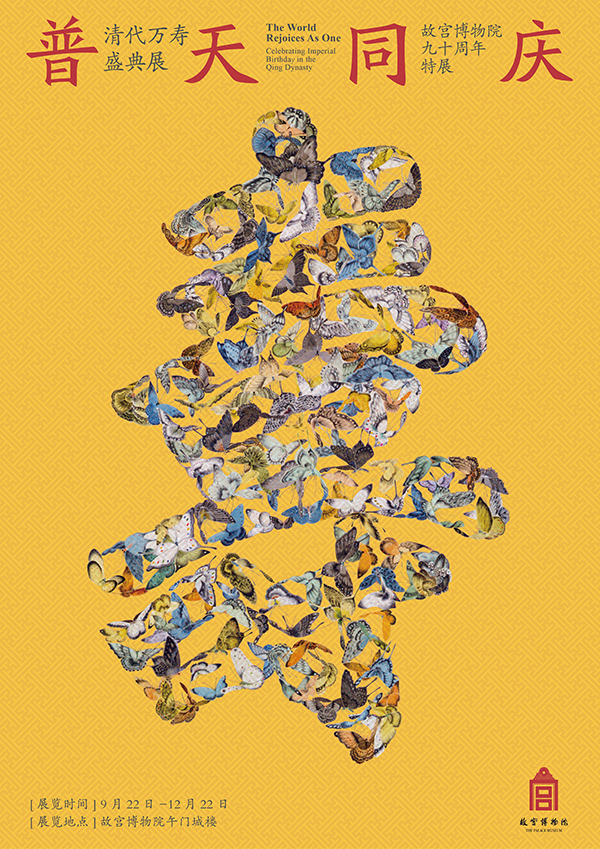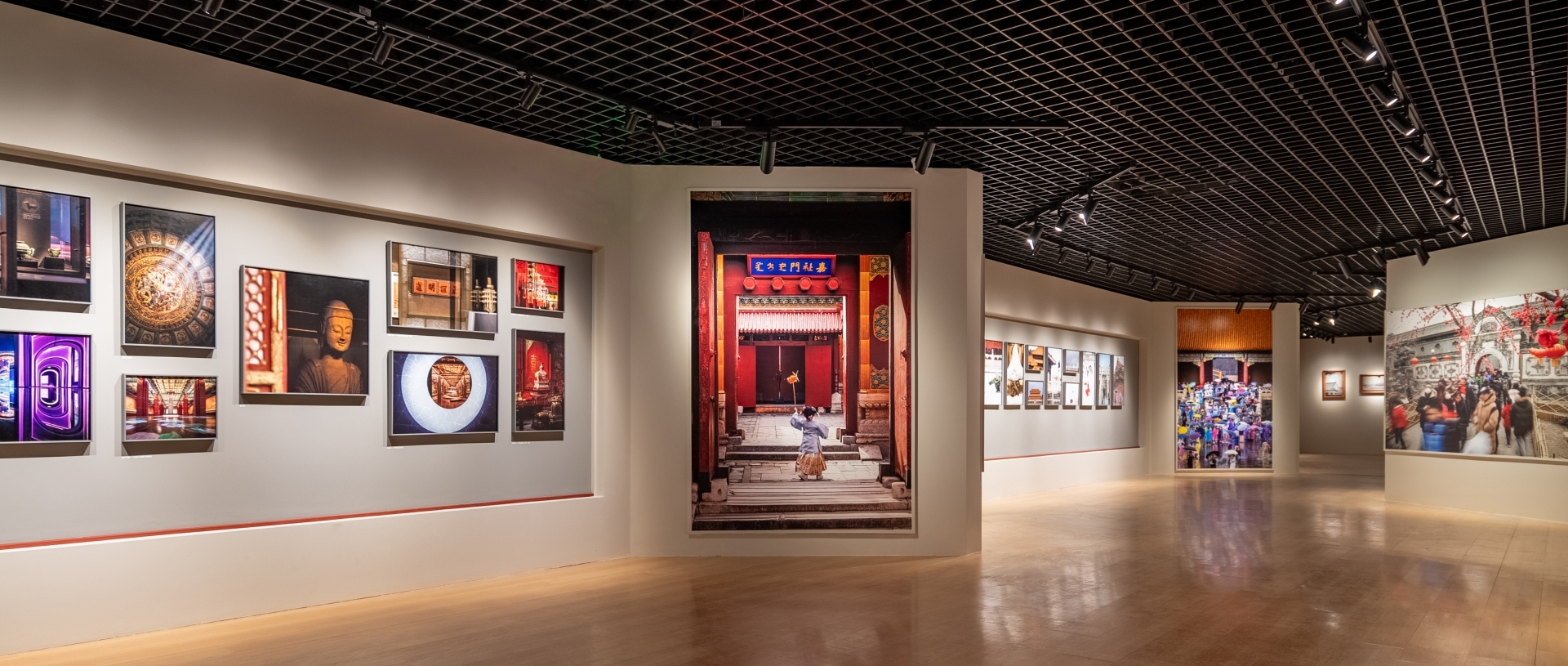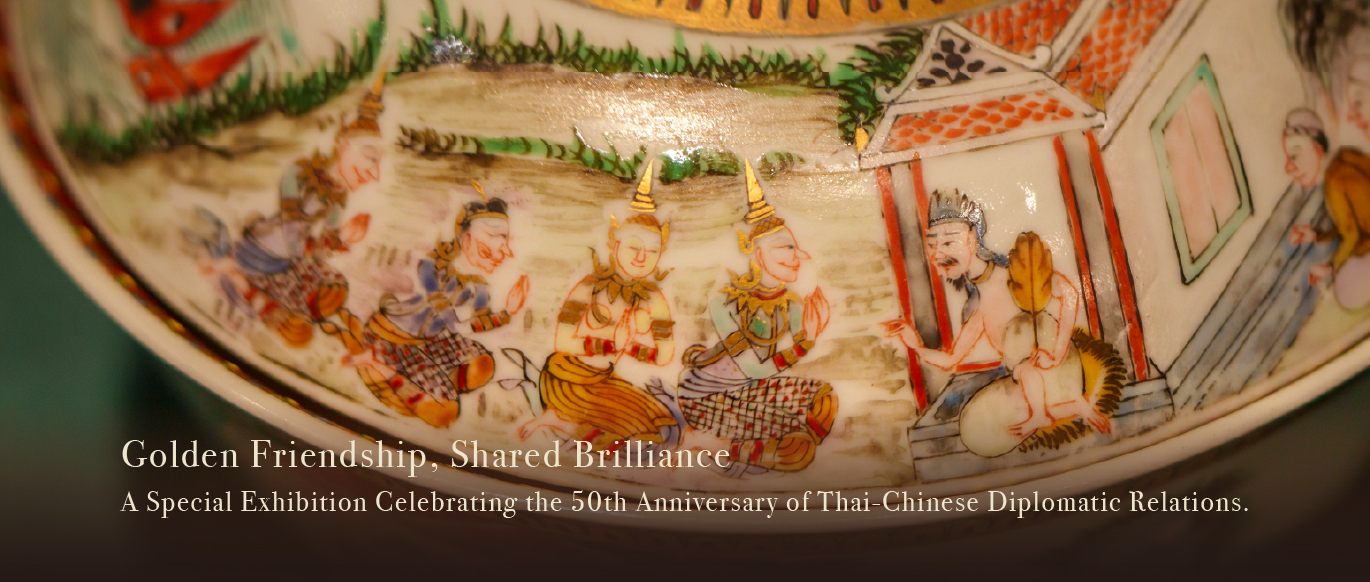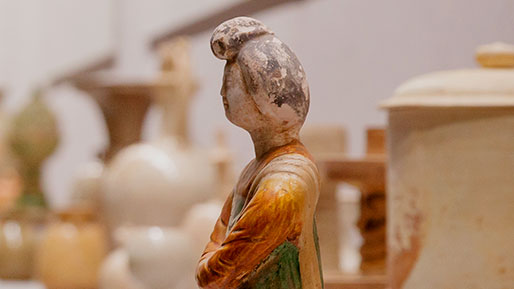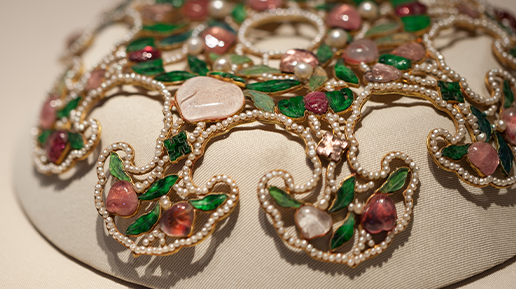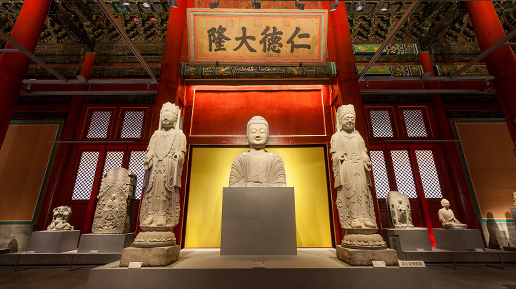Longevity has long been a common dream of humanity. When the ancient Book of Documents (Shang shu) discusses the "five kinds of happiness", longevity is its starting point, while the Book of Songs (Shi jing) includes verses wishing people "boundless longevity". Consequently, people commonly mark the birthdays of the elderly by celebrations and by expressing their good wishes. In the pre-modern era, the imperial court went further, marking imperial family members\' birthdays with great ceremonies in the palace. Qing dynasty practices can be traced back to Emperor Xuanzong (r. 712-756) of the Tang dynasty, who named his birthday the Qianqiu (Thousand Autumns) Festival, inaugurating practices that would continue through the years under different names.
In the Qing dynasty, the emperor\'s birthday was called the Wanshou (Vast Longevity) Festival, while those of the empress dowager and the empress were called the Shengshou (Sacred Longevity) Festival and the Qianqiu Festival respectively. The Wanshou Festival became one of the Qing court\'s most important festivals.
The Qing emperors and empresses attached great importance to celebrating every tenth birthday. Particularly significant were the jiazi (sixtieth), guxi (seventieth), and later birthdays, which were celebrated with great reverence. In the Qing dynasty, those who lived to enjoy these celebrations included the Kangxi Emperor, Empress Dowager Chongqing (the Qianlong Emperor\'s mother), the Qianlong Emperor, the Jiaqing Emperor, and Empress Dowager Cixi. These figures held a number of grand celebrations, including four during the Qianlong reign.
During the grand celebrations, streets were decorated with lanterns and coloured ribbons, and a wide range of opera performances were staged at sites across the capital. Governors from border regions and envoys from foreign countries gathered in the imperial palace to celebrate the grand event, as did men and women noted for their age. The Qing emperor would hold banquets for these visitors to celebrate his birthday. The Kangxi Emperor in particular famously organized a banquet for a thousand elders, and the Qianlong Emperor subsequently followed his grandfather\'s example by twice holding banquets to pay respects to a thousand elders, seeking thereby to promote filial piety and harmony in society.
The grand celebrations held in the Qing dynasty provided not only a way for the Qing emperors to show off their achievements in governing the country, but also a platform to share their happiness with their people, show respect to the elderly, and demonstrate the state\'s power.
